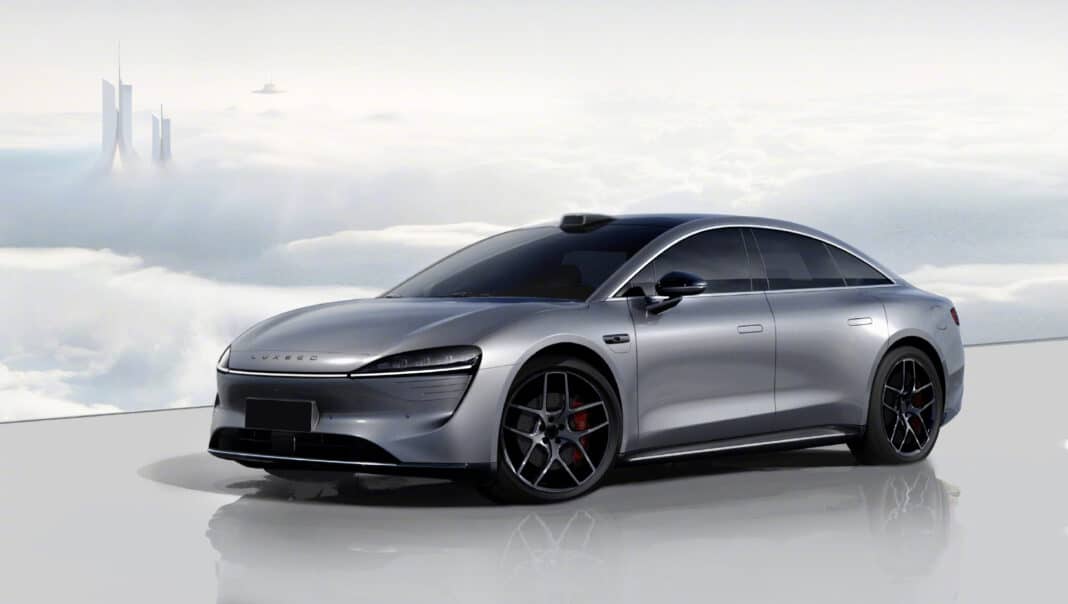Tesla's dominance in the world electric car market continues to face intense competition from other car manufacturers. The future of environmentally friendly four-wheelers is considered to be bright, enough to make many automotive brands try to develop new models, or at least to match sales from Elon Musk's manufacturer.
Not only is it dominated by pure car manufacturers, but it also involves technology companies such as Chery and Huawei. These two companies from China are even serious about competing with Tesla with plans to present advanced electric cars.


As quoted by Carnewschina, this collaboration between Chery and Huawei is to develop a battery-powered sedan called the Luxeed.
This model will come equipped with many advanced features and uses the EOX platform from Chery.
This Luxeed electric car, named EH3, has previously been caught on camera several times being tested on Chinese roads using camouflage stickers.
The headlights of this electric car are similar to those of the Porsche Taycan Turbo S, with thin LED lines and a front that looks quite aggressive and aerodynamic. On the side, you can see the rims using ten spokes like stars, with Brembo brake calipers.
The rearview mirror doesn't use a camera; it still uses a mirror, but the size isn't as big. To make it more aerodynamic, the door handle uses a flush model. The curve of the roof is also made to flow to the rear.
Specification


Talking about specifications, the highlight is, of course, the battery. The Luxeed EH3 is said to have a CATL battery that can cover a distance of up to 300 kilometers and supports charging up to 800 V.
Apart from that, there is also air suspension and dual motors with an all-wheel-drive (AWD) system.
Then, another interesting technology is that this electric car is equipped with HarmonyOS software developed by Huawei. In fact, this electric car will be the first to use this software.
In terms of safety, there are Huawei ADS 2.0 and LiDAR sensors embedded in the front roof of the car, 11 HD (high definition) cameras, 12 ultrasonic radars, and a 3 mm wave radar for autonomous driving capabilities.
The Huawei ADS 2.0 system is claimed to be capable of driving up to 200 km without intervention from the driver. This system also supports Navigation Cruise Assist, which can drive itself in the city or on the highway.
